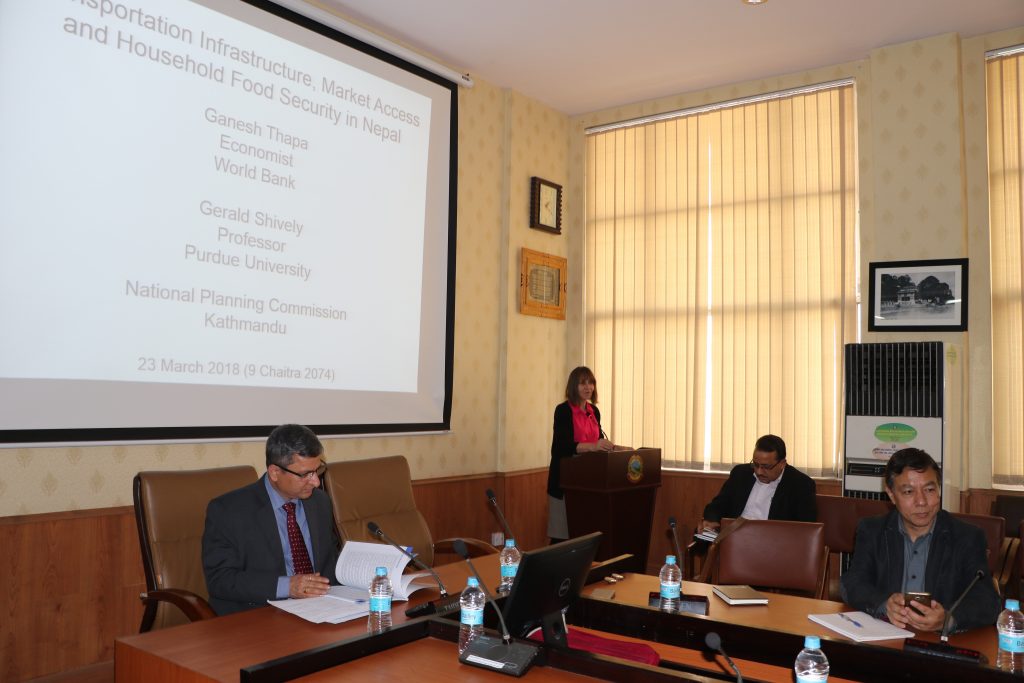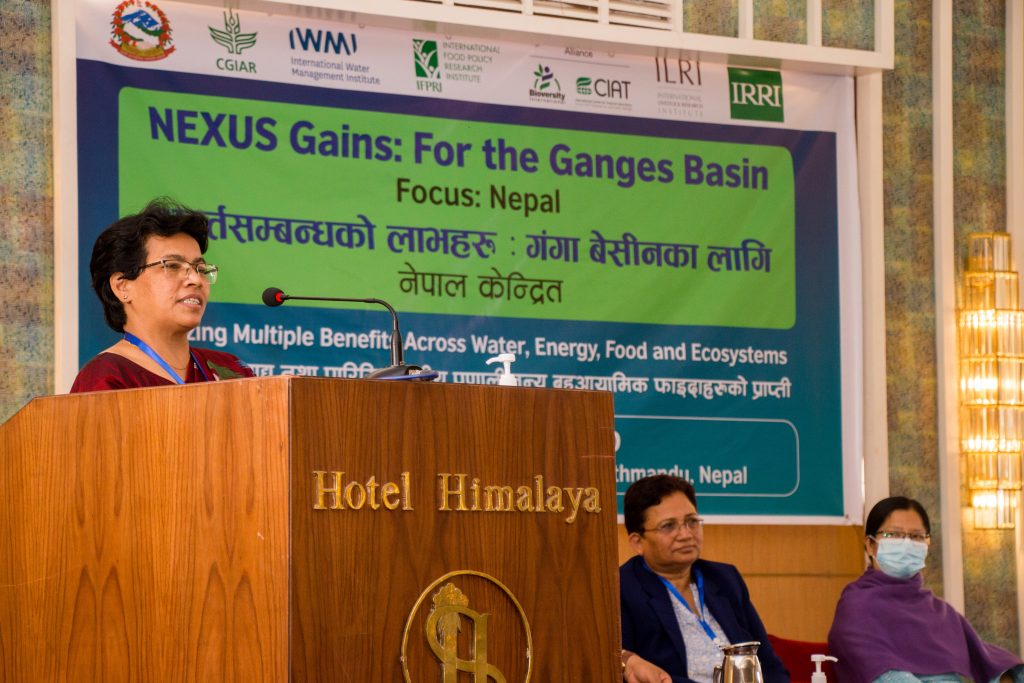Improving Mountain Trails Can Unlock Rural Livelihood Opportunities
- Nature Khabar


Improving roads and trails in mountainous regions of Nepal can improve food security and nutrition for remote rural communities, according to recent WFP research carried out in partnership with national and international experts.
WFP today launched the “Road and Market Access and Household Food Security in Nepal” report, which aims to raise awareness on the impact of improved road and trail infrastructure on household food security. The research builds on earlier work on the impact of road and bridge infrastructure on food prices, market integration and child nutrition status in Nepal.
“Most mountain communities across Nepal cannot grow enough to meet more than a few months of their household food needs. Meanwhile, food carried by hand and by mule up mountain trails, costs three times more than it did in its origins in the Terai. Is it any wonder, that up to 60 percent of children in mountain communities do not get enough nutritious foods to eat and will have to live with life-long effects of stunting and under-nutrition at an early age?” asked Pippa Bradford, WFP’s Country Director in Nepal.
This study found that improved infrastructure including as rural roads, trails and bridges can serve to unlock different livelihood opportunities, and improve food security for remote mountain communities. Moreover, the study found that in areas where people were able to access markets more quickly and easily, households spent more money on non-staple foods, and had more diverse and nutritious diets, reducing the likelihood of stunting among children. Through improved roads and trails, communities increased their ability to transport goods and gained easier access to social services and markets.
WFP has been working to expand access by improving roads and trails in several districts, focusing in rural and hard-to-reach regions of the country. Through several ongoing programmes, more than 445 km of rural roads and trails have been built or rehabilitated, opening up critical access for rural communities. These programmes have benefitted from generous funding from the UK’s Department for International Development (DFID), Korea (KOICA), and other partners.





Feedback